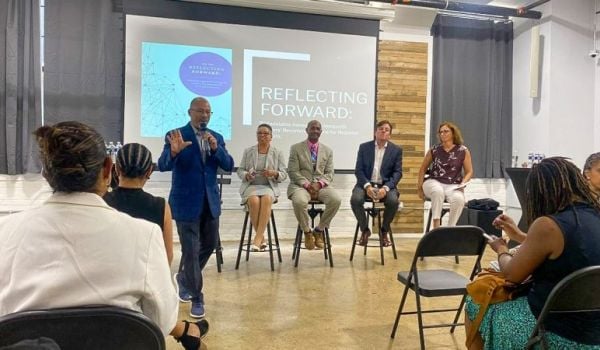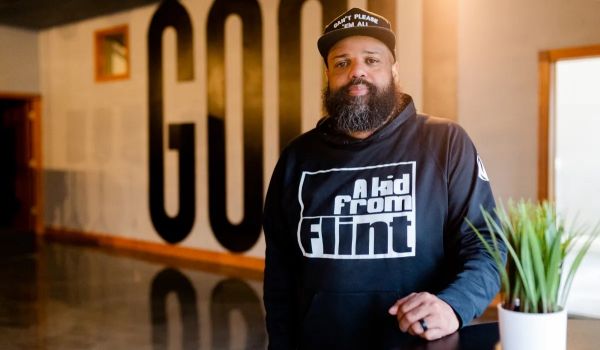Thousands of UK Workers Try Out a Four-Day Workweek
In the biggest pilot program of its kind, more than 3,000 UK workers are participating in a four-day workweek, CNN reports.
For six months, participants in industries ranging from restaurants to a financial services company have committed to maintaining their usual productivity while working 80% of their usual hours.
“As we emerge from the pandemic, more and more companies are recognizing that the new frontier for competition is quality of life, and that reduced-hour, output-focused working is the vehicle to give them a competitive edge,” says Joe O’Connor, CEO of 4 Day Week Global, a nonprofit that is helping run the pilot program.
The UK’s iteration of this initiative is one of three that are set to take place later this year in Spain and Scotland. O’Connor believes that employees have the ability to work “shorter and smarter.” Previous pilot programs in Iceland, for instance, proved a four-day workweek to have no corresponding drop in productivity.
This new program will measure productivity levels in addition to the impact it has on gender equality, the environment and workers’ mental health.
Families Are Struggling After the End of the Child Tax Credit
Nearly half of parents who used to receive the child tax credit are now struggling to afford enough food, CNBC reports.
The American Rescue Plan’s child tax credit ended in December 2021, no longer providing families with a $600 bonus for kids aged 6 and under, and $250 for children who were 6-17 years old.
But now, more than 90% of the 500 parents interviewed by nonprofit ParentsTogether Action have said that they are struggling to make ends meet right now, with 45% of parents saying they have skipped meals so their children could eat.
“I know I need to take care of myself to be able to take care of my kids,” said Stormy Johnson, a single mother based in West Virginia. “But at any given time, if you give me the option to do for my kids or do for myself, especially when it comes to something like food, I’m not going to let my kids go without.”
While there are no current plans to bring back the child tax credit, previous research showed that nearly 10 million children were at risk of falling back below the poverty line or becoming more impoverished without expansion, according to CNBC.
“It feels totally inexcusable that Congress isn’t acting to reinstate those CTC payments,” said Allison Johnson, campaigns director at ParentsTogether Action, “especially right now as families are struggling so much.”
How Nonprofit Workers Feel About Philanthropy
A new survey found that only around half of those working in the philanthropic/nonprofit industry felt that philanthropy has a positive impact.
Of the 350 participants, most worked in fundraising and held senior-level positions, working in areas like education, healthcare, arts and the environment.
Workers were conflicted about the role funders play, with a majority saying that grantmakers help steer agendas but are not overbearing, contrasting with the 28% of respondents who believe that funders actively “set” agendas and “control” grantees.
Overall, participants felt that there was a need for big changes in the laws that govern philanthropy. More than 70% were in favor of mandatory payouts by donor-advised funds. Half of the respondents also support nonprofits disclosing donors, and 40% want to limit the tax breaks wealthy donors receive.
Racial justice seems to be another big issue on the agenda, with almost two-thirds of survey participants saying that centering anti-racism in their work was necessary and had a long way to go. And while 43% of respondents that identified themselves as conservative felt that racial justice had become too much of a priority, employees believe that their organizations generally agreed on how to work towards a more equitable group.
This article is part of The Bottom Line, a series exploring scalable solutions for problems related to affordability, inclusive economic growth and access to capital. Click here to subscribe to our Bottom Line newsletter.

Solcyre (Sol) Burga was an Emma Bowen Foundation Fellow with Next City for summer 2021. Burga graduated from Rutgers University with a degree in political science and journalism in May of 2022. As a Newark native and immigrant, she hopes to elevate the voices of underrepresented communities in her work.
.(JavaScript must be enabled to view this email address)

















